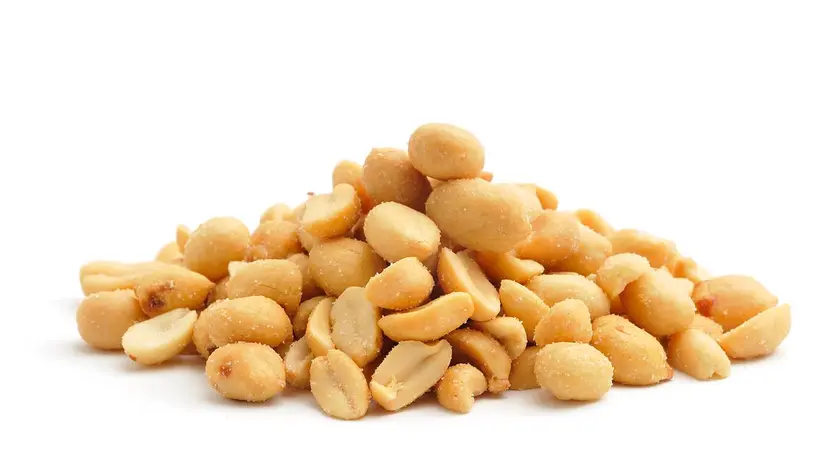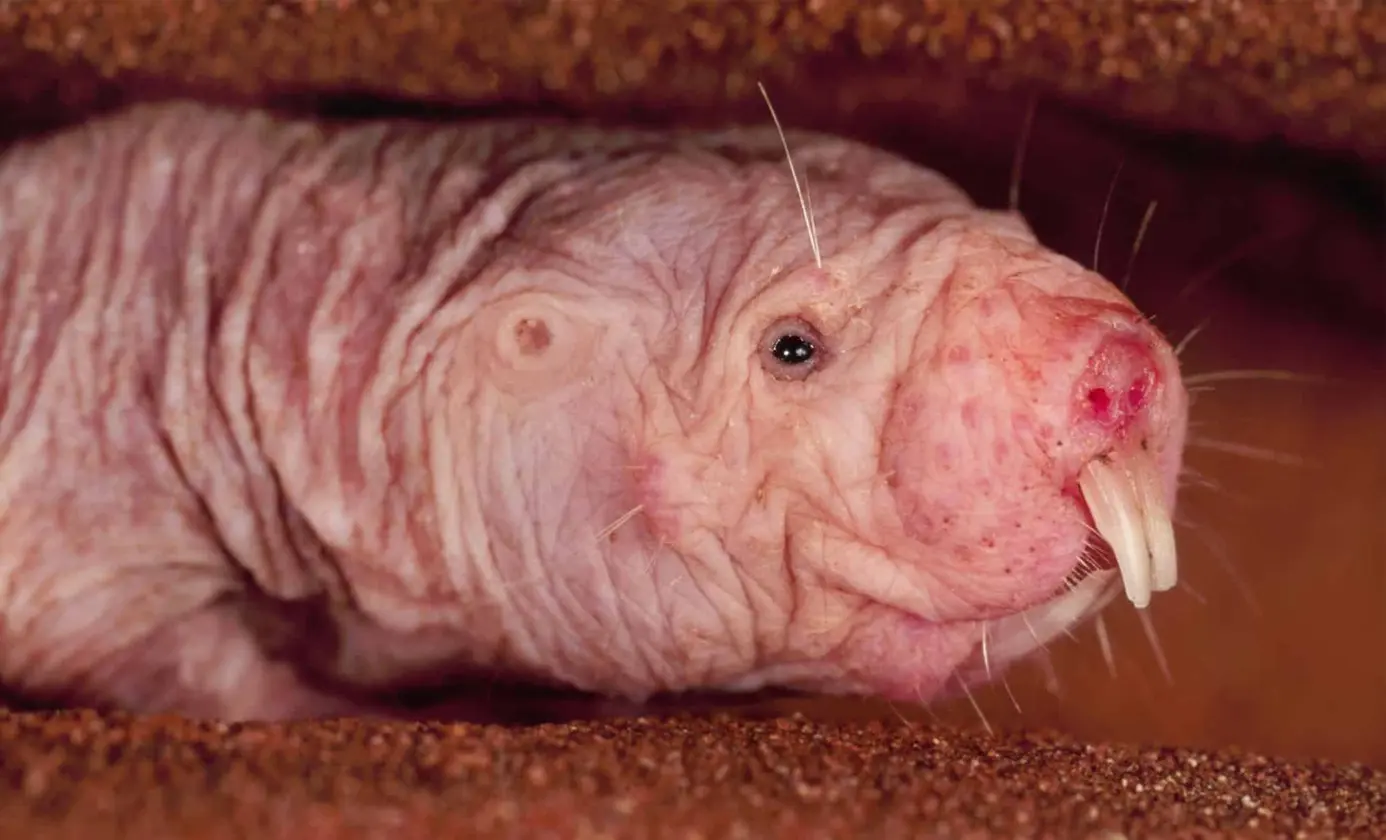T4K3.news
Peanuts may slow cellular ageing
New study links daily peanut consumption to slower telomere shortening, but longer research is needed.

A daily handful of peanuts may slow cellular ageing in a six month trial, but experts caution results are preliminary.
Peanuts Show Potential to Slow Cellular Ageing
Researchers from the University of Barcelona published findings in Antioxidants after a six month trial with 58 healthy volunteers. Participants were assigned to eat 25 g of peanuts daily or to take a daily serving of peanut butter. Saliva samples were used to measure telomere length, a biomarker linked to cellular ageing. The shorter telomeres are linked to higher risks of heart disease, cancer and type 2 diabetes. Over the six months the peanut group showed roughly half the rate of telomere shortening compared with the peanut butter group. The researchers note unsalted peanuts should be preferred to avoid raising blood pressure, and they point out the study is short and small so results may not apply to everyone. Britons consume about 180 000 tonnes of peanuts a year.
Key Takeaways
"Telomeres are a tricky timer that needs longer tests"
biology caveat about the biomarker used
"Small snacks, big questions about aging"
editorial takeaway on the study's significance
"Nutrition is a daily habit not a magic fix"
caution against hype
"Six months is a short window for aging research"
study limitations
The study adds to the growing interest in how everyday foods influence ageing markers, but the design limits what we can conclude. A small sample size and a six month window cannot prove a real life extension or directly prevent disease. The comparison with peanut butter raises questions about how salt and other nutrients might influence telomere dynamics.
Still, the work shows how nutrition research can move from labs to kitchens with cautious optimism. It also highlights the risk of sensational headlines when a single biomarker is treated as a magic fix.
Highlights
- Small snacks, big questions about aging
- Telomeres are a tricky timer that needs longer tests
- Nutrition is a daily habit not a magic fix
- Six months is a short window for aging research
Limited evidence from small study
The claim relies on 58 participants over six months. Results may not apply broadly and long term aging effects are unknown.
Science advances in bite sized steps
Enjoyed this? Let your friends know!
Related News

Psilocybin shows promise as an anti-aging treatment

Vitamin D deficiency still affects many during summer

NAD Plus Supplements Gain Popularity

Research Suggests Humans Might Live to 1,000

New study explores causes of brain fog and long-COVID

New studies explore sunlight benefits for health

Health strategies for aging adults released

Longevity expert shares 10 health supplements
